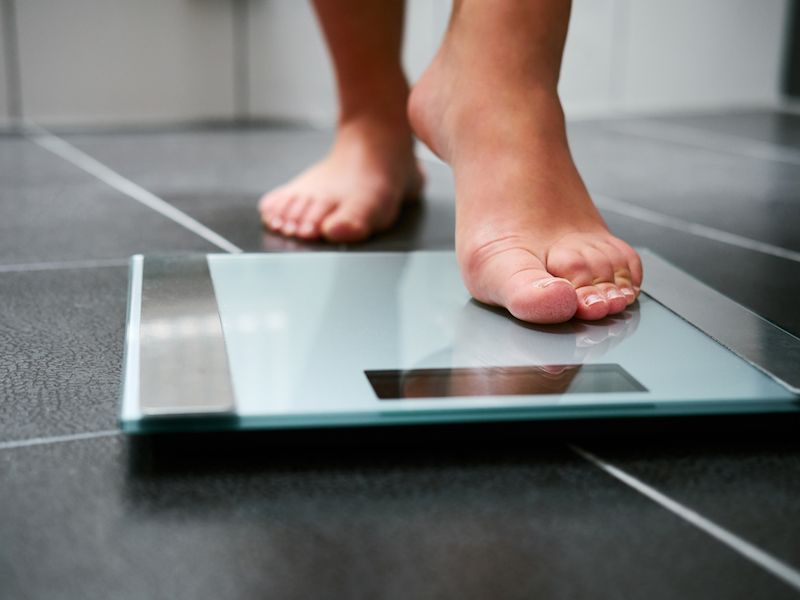
We’ve long known that eating too much is detrimental to our health, this is especially true over longer periods of time. Obesity is connected to quite a few health conditions. You can add hearing loss to high cholesterol, heart disease, and diabetes as a potential concern. It’s estimated that about 48 million people in the United States, around 20% of this country’s population, deal with hearing loss, and in adults it’s almost twice that number, 93 million, are obese. Throughout the country, these shocking numbers indicate a serious health problem.
How Is Being Overweight Related to Loss of Hearing?
Numerous studies have shown that loss of hearing and being overweight have a connection. Although experts are still researching the connection, it’s assumed that being overweight is linked to hearing loss because of its impact on our circulatory system. Also, obesity is linked to high blood pressure and diabetes, which are also connected to hearing loss.
Sound in the ear is detected by small hairs in the inner ear. So that they can function effectively, these small hairs, called stereocilia, require a steady flow of blood. Obesity confines the flow of blood in the body because the heart must work harder to get the blood to flow around the body, which means that your inner ear is operating on less-than-optimal blood flow. This can permanently injury the ears. As all of these illnesses effect the flow of blood, high blood pressure, heart disease, and diabetes impact the inner ear in the same way.
It’s especially worthwhile to keep control of your weight as you age since age-related hearing loss is also related to a high fat mass index. In the past, your body’s metabolism worked faster and more efficiently, which is the reason why you should try to create healthy habits when you’re younger and stick with those habits as you get older.
Your hearing and your overall health are benefited by a healthy diet.
Treatment Options For Obesity-Associated Loss of Hearing
If your loss of hearing is brought about by obesity, you might never be capable of getting it back, still, it’s always best to get your hearing evaluated to determine the scope of your hearing loss. If you have permanent injury, you may require a hearing aid or other device to begin hearing properly again.
If the injury is not that serious, you may want to see your physician before your health worsens, about creating a diet and exercise plan to minimize the impact your weight has on your well being. Your doctor should set up a cardio intensive exercise routine that will improve your overall health and get your blood pumping. There will be, more than likely, other improvements in your life also, mental health, for instance, since day to day exercise will decrease depression according to a lot of research.
Obesity-Related Hearing Loss, How to Avoid it
A balanced diet and a consistent exercise campaign are essential to preventing obesity-related conditions like heart disease, diabetes, and high blood pressure. Your ears will undoubtedly be kept in superior shape if you keep yourself healthy. A program that can help you attain your goals and that is individualized for you can be planned by a nutritionist. The nutritionist can make sure you’re eating nutritious foods with the best blend of nutrients, such as foods that have plenty of iron, because of course, a lack of iron in your diet can lead to tinnitus and cause loss of hearing.
Find out more regarding hearing loss and how you can hear better with the appropriate treatment method.
